Introduction to Pitru Paksha
Pitru Paksha, a deeply revered period in Hinduism, is dedicated to honoring the ancestral spirits. Spanning a fortnight, this ceremonial observance is steeped in cultural and religious significance, deeply ingrained in the Hindu way of life. Historically rooted in the ancient scriptures of the Vedas and Puranas, Pitru Paksha is observed with rituals and rites that symbolize respect, reverence, and gratitude towards one’s forebears.
Traditionally, Pitru Paksha is considered a time when the spirits of ancestors descend to the earthly realm. Observers believe this period provides a unique opportunity for the living to offer prayers and perform rituals to express their gratitude and seek blessings. Various rites, particularly the Shraadh and Tarpan, are performed to appease the departed souls, hoping to aid them in their journey in the afterlife.
From a cultural perspective, Pitru Paksha serves as a time for families to reconnect with their lineage and uphold their ancestral legacy. It fosters a sense of continuity and belonging, reminding individuals of the unbroken chain that links them to their past. By engaging in the rituals of Pitru Paksha, families not only pay homage to their ancestors but also strengthen their family bonds and reaffirm the values handed down through generations.
The significance of Pitru Paksha cannot be overstated, as it embodies the quintessential themes of respect for elders, familial duty, and the eternal cycle of life and death. For many, it is a time of reflection, piety, and soul-searching, providing a spiritual anchor in the fast-paced modern world. The practices associated with Pitru Paksha, though varying slightly in different regions, uniformly emphasize the importance of upholding one’s dharma (duty) towards family and ancestors, thereby ensuring that the legacy of respect and devotion continues unbroken.
Dates and Duration of Pitru Paksha 2024
Pitru Paksha, also known as Shraddha, is an important period in the Hindu calendar dedicated to paying homage to one’s ancestors. In 2024, Pitru Paksha will commence on the Pratipada (first day) of the Krishna Paksha in the Hindu month of Bhadrapada, which corresponds to early to mid-September in the Gregorian calendar. This commemoration spans 15 days and is characterized by various rituals and observances intended to honor the spirits of deceased forebearers.
The exact dates of Pitru Paksha in 2024 are determined based on the lunar calendar. The period typically begins the day following the full moon (Purnima) of the preceding month and concludes on the new moon (Amavasya). In 2024, Pitru Paksha begins on September 17 and ends on October 1. Each day during this span is associated with specific rites and ceremonies aimed at appeasing and expressing gratitude to one’s ancestors, fostering spiritual harmony, and ensuring their peaceful afterlife.
Here is a day-by-day breakdown of the significant events and observances during Pitru Paksha 2024:
September 17: Pratipada Shraddha
September 18: Dwitiya Shraddha
September 19: Tritiya Shraddha
September 20: Chaturthi Shraddha
September 21: Panchami Shraddha
September 22: Shashthi Shraddha
September 23: Saptami Shraddha
September 24: Ashtami Shraddha
September 25: Navami Shraddha
September 26: Dashami Shraddha
September 27: Ekadashi Shraddha
September 28: Dwadashi Shraddha
September 29: Trayodashi Shraddha
September 30: Chaturdashi Shraddha
October 1: Amavasya Shraddha (Mahalaya Amavasya)
These fifteen days are considered highly auspicious for performing Tarpaṇa (water offering), Pinda Daan (food offering), and other forms of Shraddha rituals. By adhering to these ancient traditions, devotees believe they can alleviate the unmet desires of their forebears, bring peace to their souls, and in turn, receive their blessings.
Rituals and Traditions Observed During Pitru Paksha
Pitru Paksha, a significant period in the Hindu calendar, is marked by a series of sacred rituals and traditions aimed at honoring one’s ancestors. The central and most essential ritual observed during this time is ‘Shradh’ or ‘Shraddha,’ an act of reverential homage to departed forebears. This ritual is believed to satiate the souls of the deceased, ensuring their peace and progression in the afterlife. Rituals are typically performed by the eldest male in the family, but can also be carried out by other male members.
One of the crucial components of Shraddha is the offering of food. Offerings often include rice, lentils, vegetables, and sweets, which are placed on a banana leaf or in a silver platter. This act, known as Pind Daan, symbolizes the provision of sustenance to ancestors in their spiritual journey. Food offerings are usually accompanied by Tarpan, a ritual involving the offering of water mixed with black sesame seeds, barley, and Kusha grass. These offerings are usually made at specific times of the day, preferably during midday, which is believed to be most auspicious for these rites.
Performing these rites at specific pilgrimage sites, such as Gaya in Bihar, holds profound significance. Gaya is considered one of the holiest places for performing Pind Daan due to its association with Lord Vishnu and the belief that performing rituals here grants the highest spiritual merit. Other significant places include Haridwar, Kurukshetra, and Varanasi.
Regional variations in the practices of Pitru Paksha exist, with slight modifications in the rituals and the types of food offered. However, the underlying objective of ancestor veneration remains constant across regions. Some common offerings made during Pitru Paksha include milk, ghee, fruits, and specific sweets like Puri and Kheer, each carrying its unique symbolic value in the rituals.
Through these rituals and observances, Pitru Paksha fosters a profound sense of continuity and respect, underscoring the importance of familial and ancestral bonds within Hindu culture.
The Spiritual and Societal Impact of Pitru Paksha
Pitru Paksha carries deep spiritual significance for many individuals and communities, fostering an environment of reverence and introspection. This observance is not merely a set of rituals but a profound acknowledgement of ancestral contributions and a fulfillment of ‘Pitru Rina’—the moral and spiritual debt owed to one’s forebears. Through offerings and prayers, families express gratitude and seek blessings, establishing a cyclical exchange of goodwill and spiritual energy.
One of the prominent impacts of Pitru Paksha lies in strengthening familial bonds. The rituals involved usually require collective involvement, encouraging family members to come together. This communal participation serves to reinforce relationships, bridging generational gaps and fostering a sense of unity. Family stories and histories are often shared during this period, ensuring that cultural traditions are passed down and kept alive, maintaining a continuous link with the past.
In addition to strengthening family connections, Pitru Paksha plays a pivotal role in societal cohesion. As communities engage in collective remembrances and ceremonies, there is an inherent promotion of societal harmony and mutual respect. The shared experiences and communal prayers contribute to a greater sense of togetherness, dissolving individual differences and cultivating a collective cultural identity.
Moreover, the practice of Pitru Paksha provides mental peace to its observers. It acts as a time for reflection and introspection, offering individuals an opportunity to meditate on life’s transient nature and the inevitable cycle of birth and death. Engaging in these rituals allows for emotional catharsis, reducing personal mental stress and fostering a sense of spiritual fulfillment.
Overall, the spiritual and societal impact of Pitru Paksha underscores the festival’s multifaceted importance in maintaining cultural continuity, fostering familial unity, and promoting mental peace and societal harmony. As a deeply ingrained tradition, it continues to shape the spiritual and cultural landscape of communities that observe it.

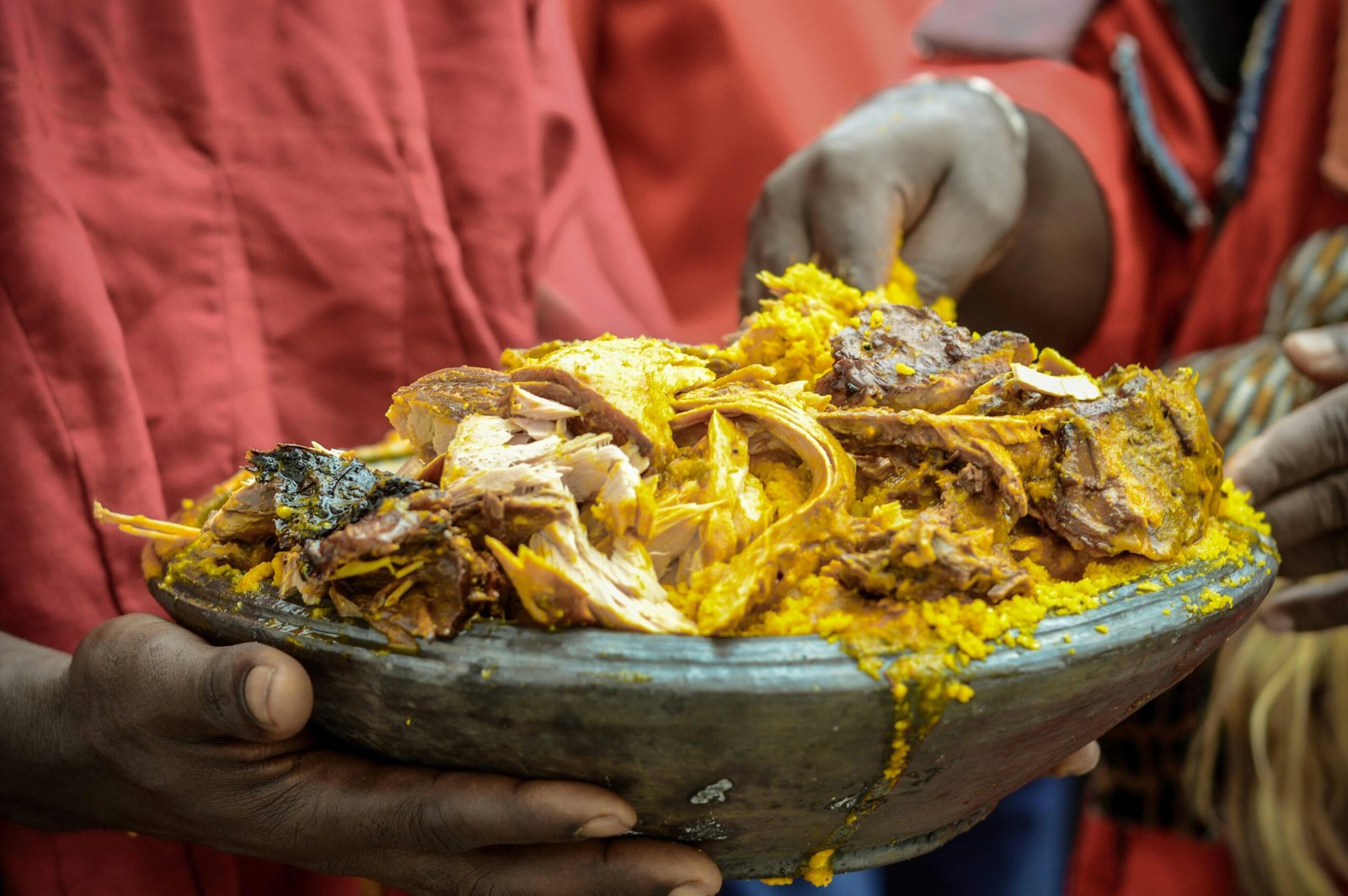
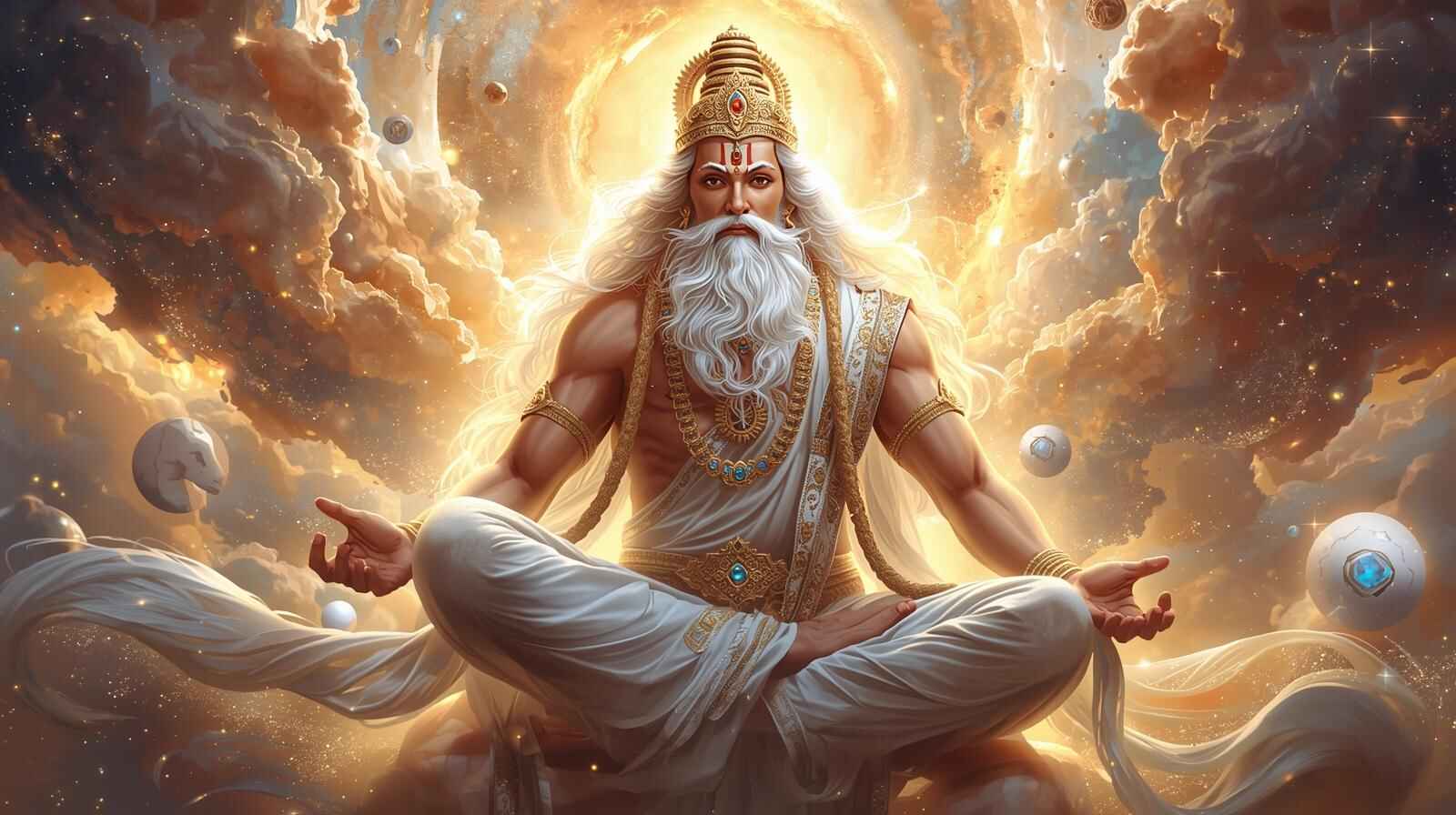
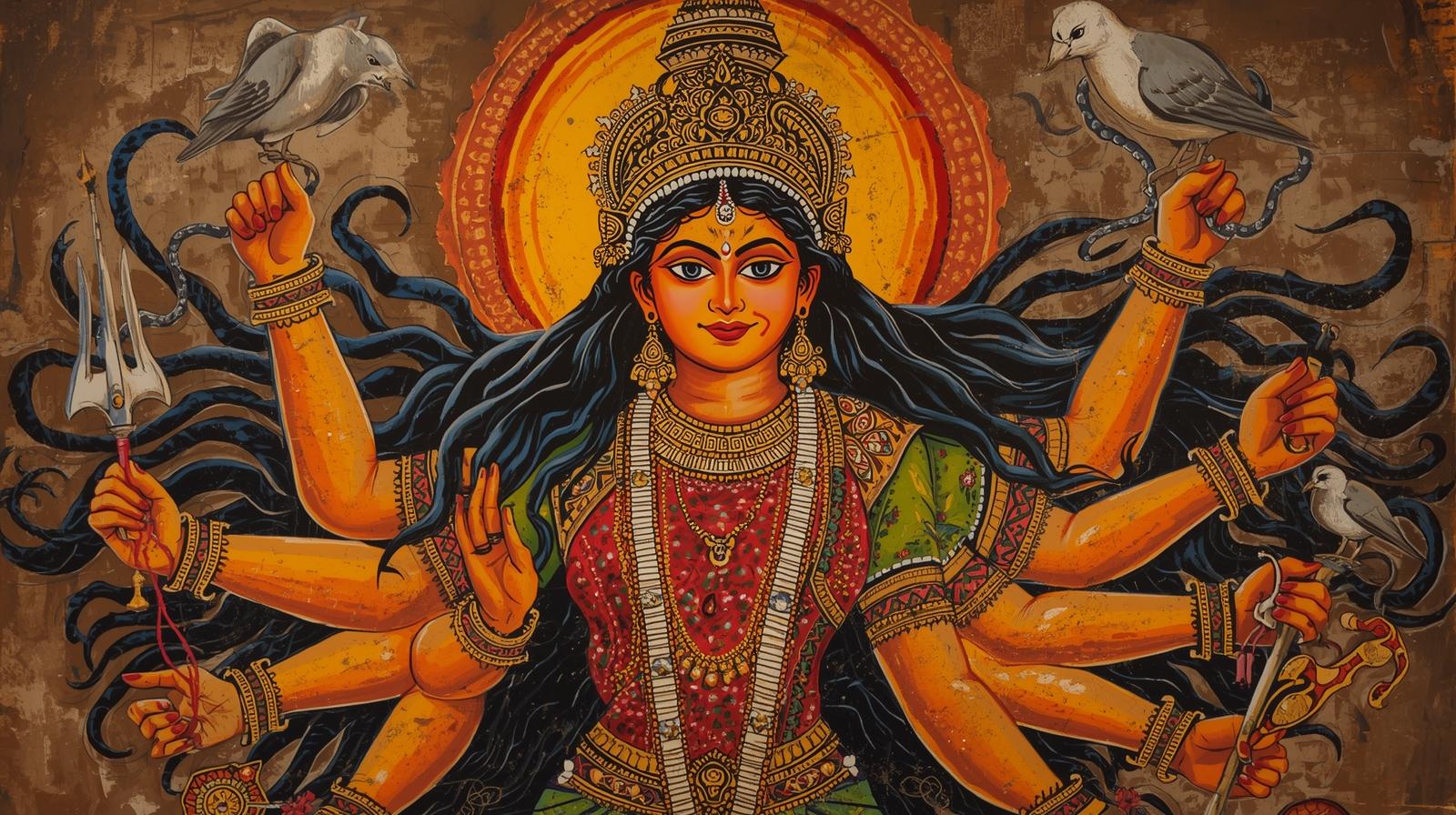
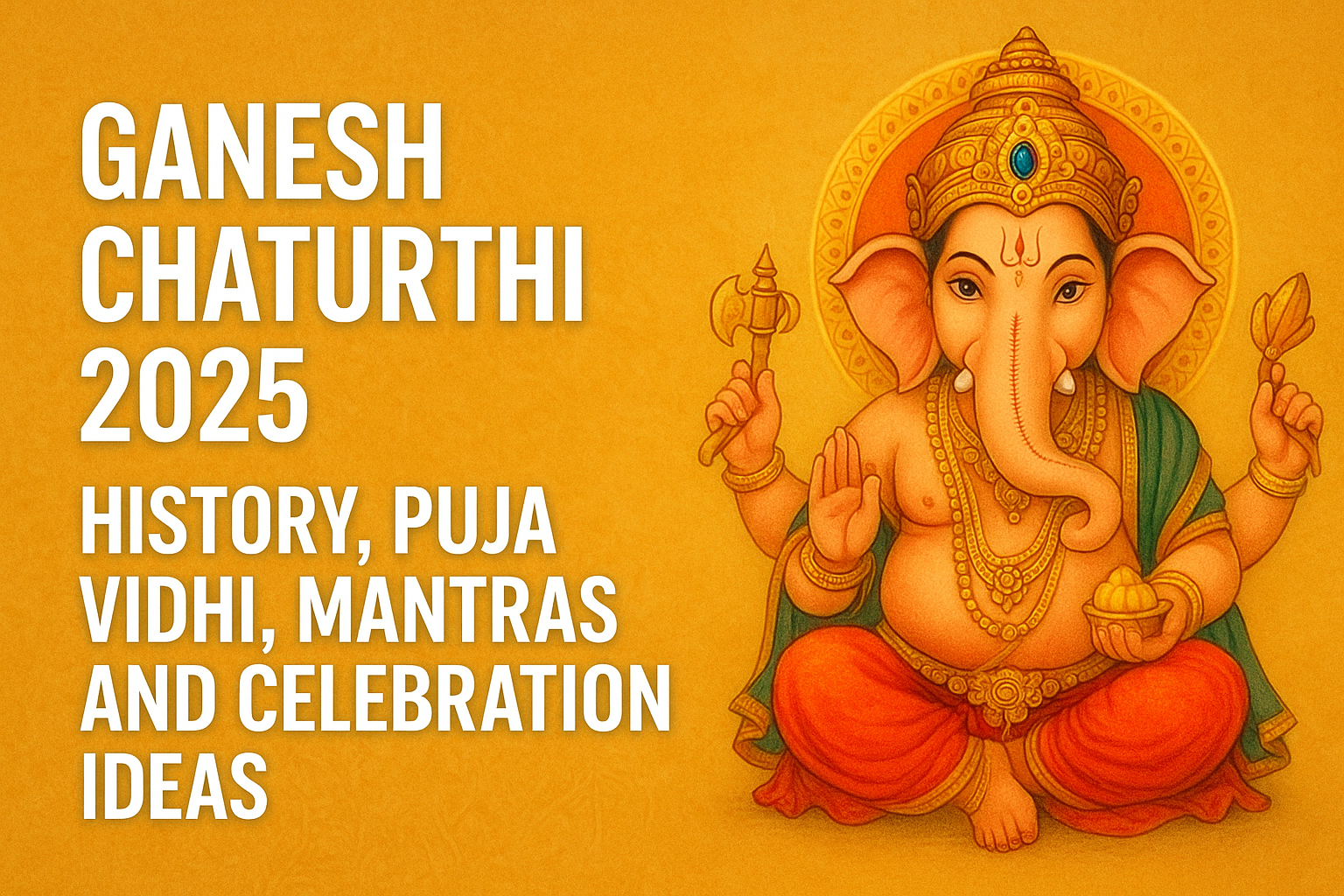
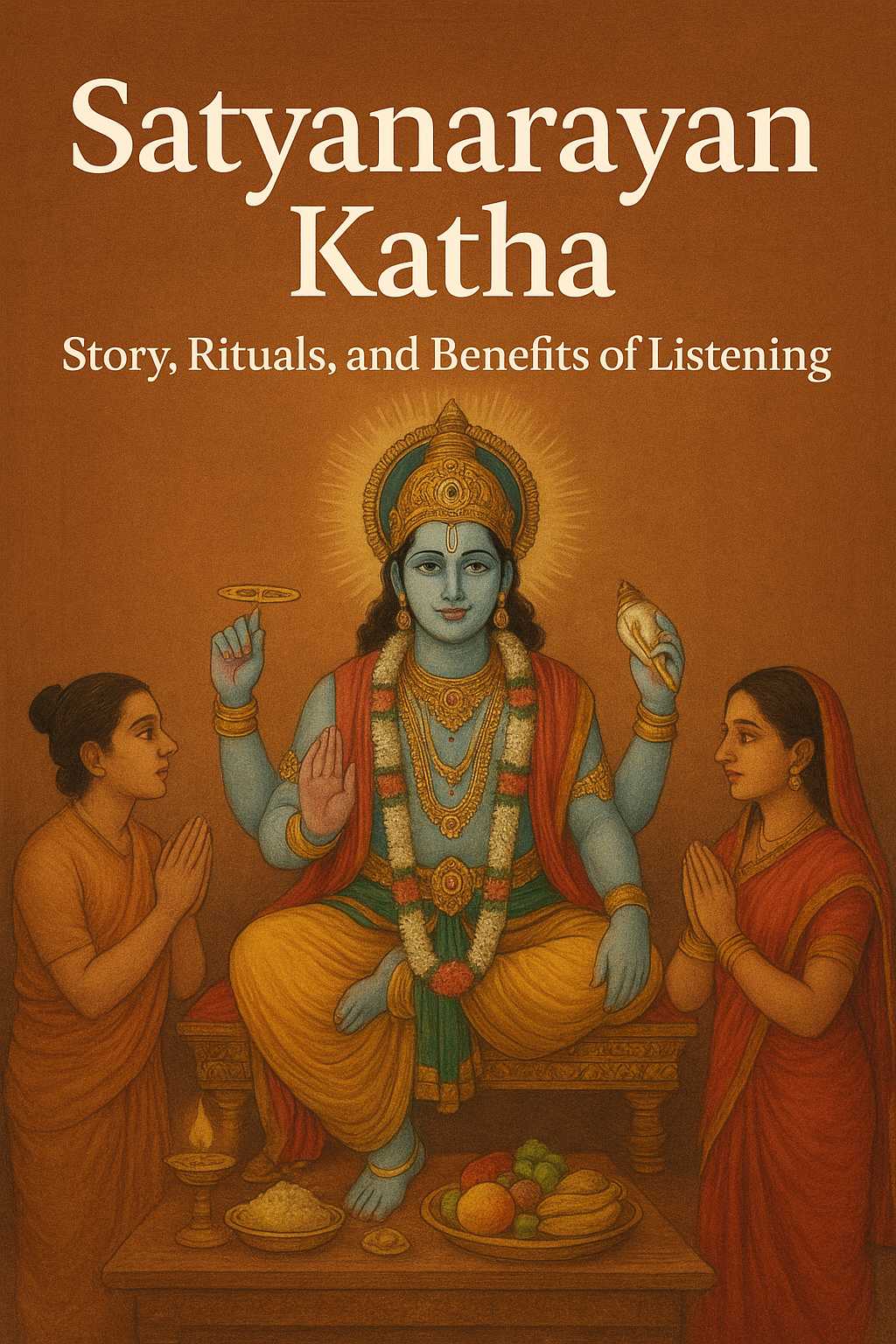

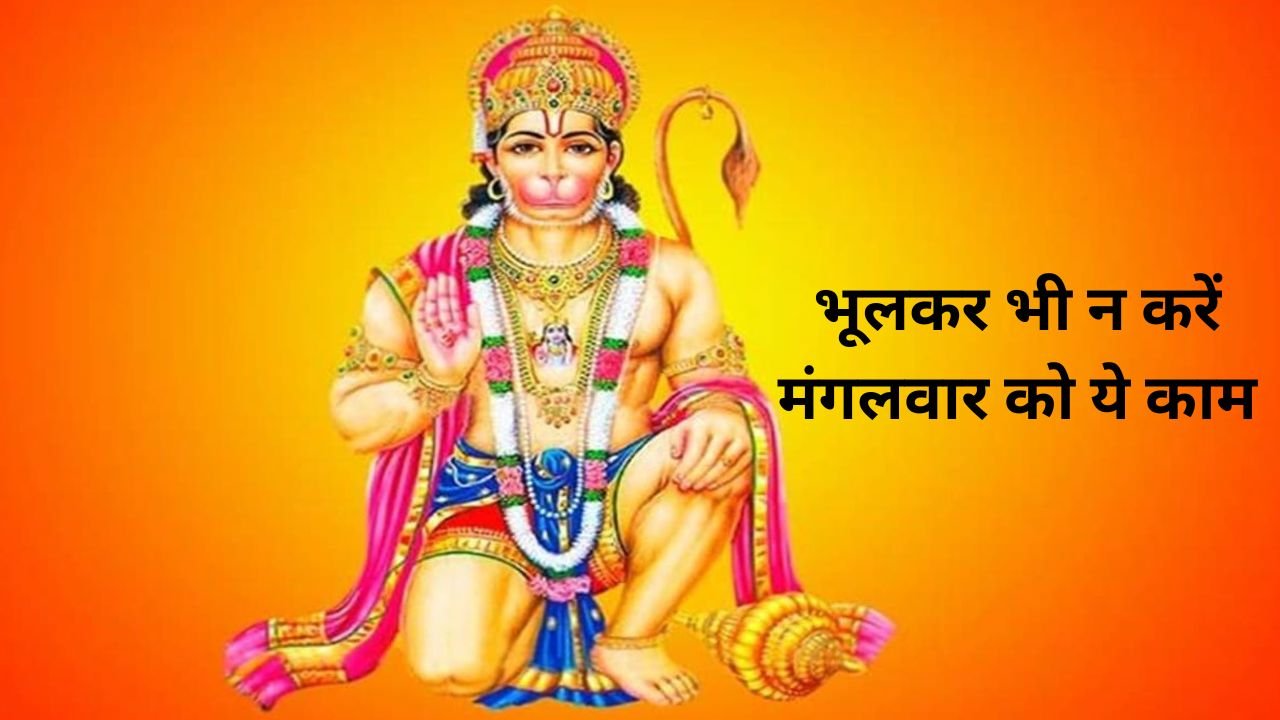


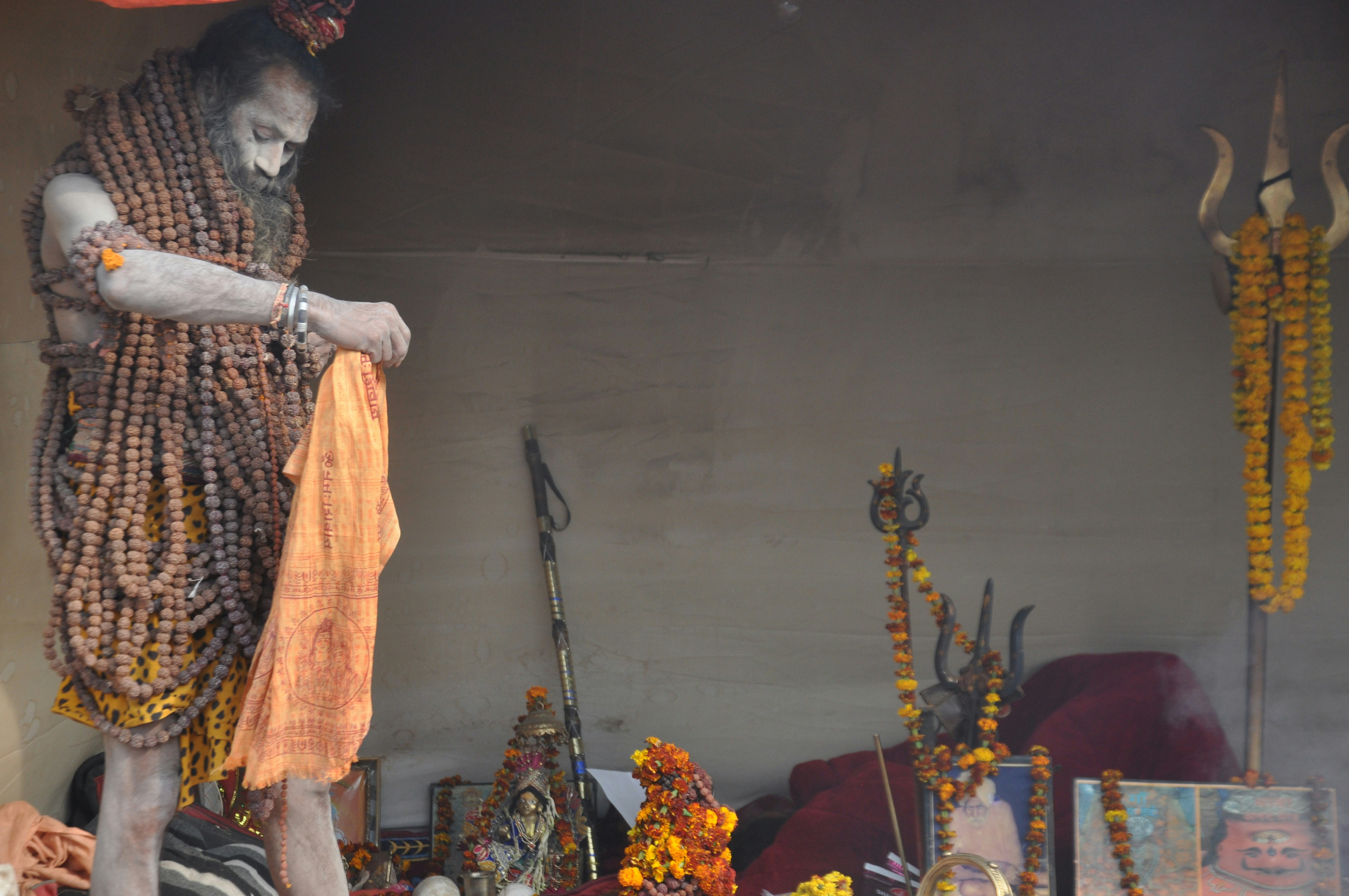

Leave a Reply